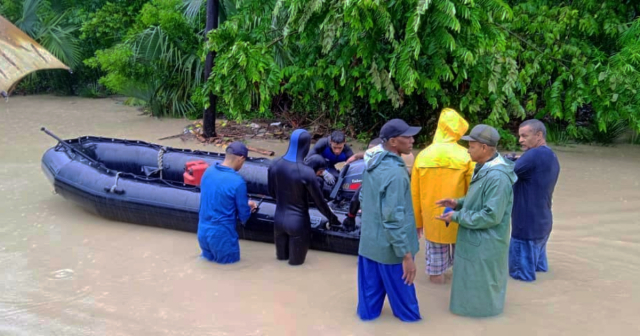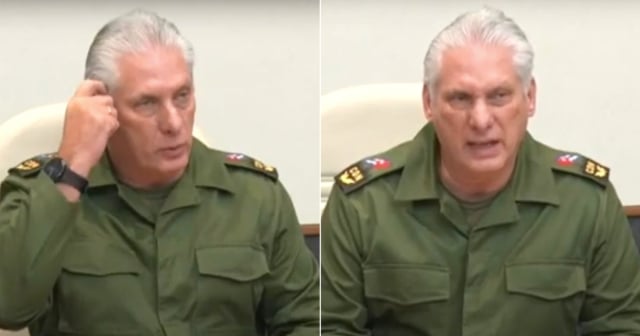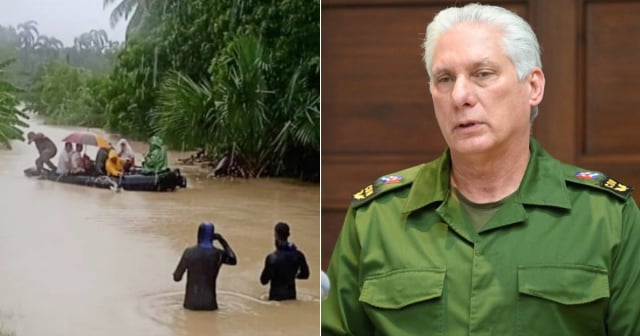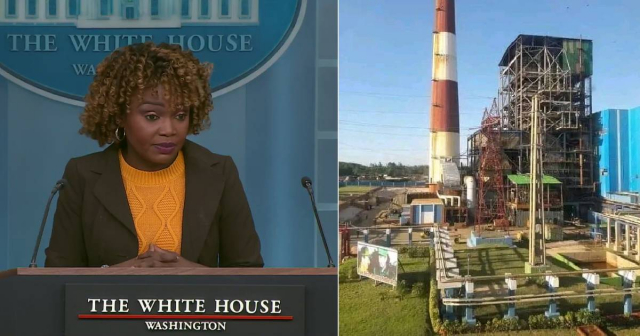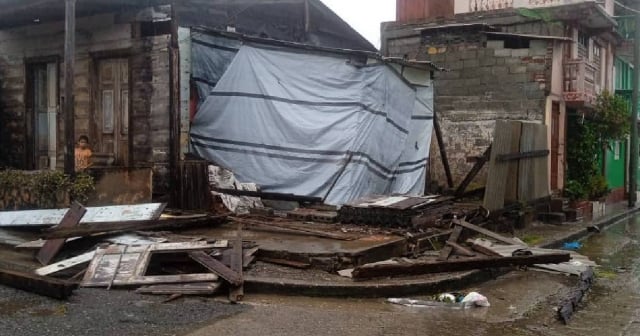The Cuban leader Miguel Díaz-Canel Bermúdez canceled his trip to Russia. He will not attend the BRICS Summit taking place from this Tuesday in Kazan.
"After receiving and accepting the invitation to participate in the BRICS Heads of State Summit, I have decided to remain in the country to continue facing, alongside our people, the electro-energy emergency situation, aggravated by the impact of Oscar (hurricane)," Díaz-Canel said on his social media.

He indicated that the Cuban delegation will be led by Foreign Minister Bruno Rodríguez Parrilla, who will be his representative in "important bilateral meetings that were already scheduled."
Díaz-Canel thanked the invitation from the President of the Russian Federation, Vladimir Putin, to this event. He cannot leave Cuban territory because the energy crisis is at an extremely delicate point, and protests against the government have already occurred in various cities across the country.
The widespread power outages in Cuba left millions of people without basic services such as electricity, water, and food. In this context, Eastern Cuba was hit by a hurricane, unprepared, without evacuations, and lacking food and fuel to cope with the natural disaster.
The situation worsened with the heavy rains that caused unprecedented flooding in the region and have claimed the lives of at least six people.
Some rural areas remain cut off and without electric service. Many people on social media estimate that the death toll from Hurricane Oscar could be higher than the figures reported by the government.
Rescue teams are working in the affected areas, but the flow of official information is very scarce.
The BRICS bloc, formed in 2006 by Brazil, Russia, India, and China, and expanded in 2010 with the inclusion of South Africa, approved at its fifteenth summit (2023 in Johannesburg) the inclusion of six new countries: Egypt, Iran, United Arab Emirates, Ethiopia, Saudi Arabia, and Argentina.
However, in December 2023, the Argentine president, Javier Milei, formally announced that his country would not join the group, rejecting the invitation to integrate into this alliance of emerging economies.
In June, Rodríguez Parrilla stated that Cuba is in a position to "share with the BRICS its modest experiences and results in the fields of medical, pharmaceutical, and biopharmaceutical industry, health, education, science, among other sectors for the benefit of our peoples."
What do you think?
COMMENTFiled under:


